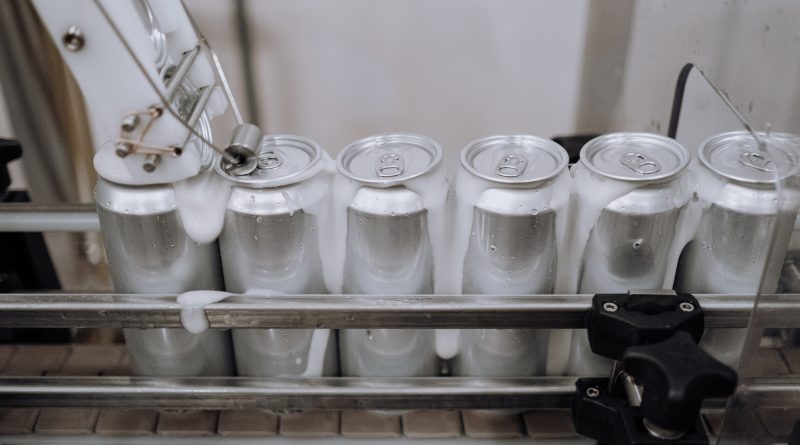Top 5 automation technologies in manufacturing
Automation technologies have transformed the manufacturing industry in recent years. That one fact cannot be avoided.
Indeed, by leveraging these technologies, manufacturers have worked to improve their productivity, reduced their costs, and increased their efficiency. This has enabled them to produce more products at a lower cost and with higher quality, benefitting themselves and their customers alike.
In this article, we discuss the top five automation technologies that are transforming manufacturing as an industry and an enterprise:
Robotics
Robots have been used in manufacturing for several years now, but recent advances in technology have made them more powerful than ever before. Robotics are now widely used in many industrial settings – from assembly lines all the way through to quality control.
Automated units are used to perform tasks that are repetitive, dangerous, or require precision. They can be programmed to work 24/7, which makes them an excellent tool for manufacturers looking to increase productivity, and they don’t take breaks.
Artificial Intelligence (AI)
Now more than ever, AI is transforming the manufacturing industry by providing real-time insights that enable manufacturers to optimize their operations. AI technology can analyze vast amounts of data generated by sensors, machines, and production lines, and thereby provide actionable insights to help manufacturers make informed decisions about their processes.
For instance, AI can help identify bottlenecks in production lines and find ways to eliminate them or it can predict equipment failures before they occur, reducing downtime and maintenance costs. In all, manufacturers stand to benefit from the continued advancement of AI.
Internet of Things (IoT)
The IoT might sound ambiguous, but it’s simply the network of physical devices, vehicles, home appliances, and other items that’re embedded with electronics, software, sensors, and connectivity means. As a result, these objects can connect with each other and various networks to exchange data.
IoT technology is transforming manufacturing by enabling machines and devices to communicate with other units and central systems in real-time. In turn, this allows manufacturers to monitor their production processes live, detect issues quickly, and make data-driven decisions.
3D Printing
3D printing is an additive manufacturing process that creates a three-dimensional objects by building them layer-by-layer. This is transforming the manufacturing industry by enabling manufacturers to produce complex parts and products quickly and efficiently – a process that, without the technology, was much harder, not to mention longer.
Indeed, 3D printing can reduce production time, lower costs, and improve quality, making it an attractive technology for manufacturers looking to stay competitive.
Augmented Reality (AR)
AR is transforming manufacturing by providing workers with real-time information and visual aids – two powerful tools to break new ground in the industry. AR can overlay digital information onto the real world, allowing workers – with, say, special glasses – to see additional information, instructions, or warnings while performing tasks.
This can help reduce errors, improve quality, and increase productivity. Automation technologies also brings support for new workers, reducing the need for costly and time-consuming training sessions, and speeding up the onboarding process.
Automation technologies like these have revolutionized the manufacturing industry by offering unprecedented efficiency, productivity gains, and cost reductions. From the widespread adoption of robotics to the transformative power of artificial intelligence and the Internet of Things, manufacturers are leveraging these technologies to optimize their operations and enhance their competitiveness. As the manufacturing landscape continues to evolve, embracing automation technologies will be essential for companies seeking to thrive in an increasingly competitive global market.
